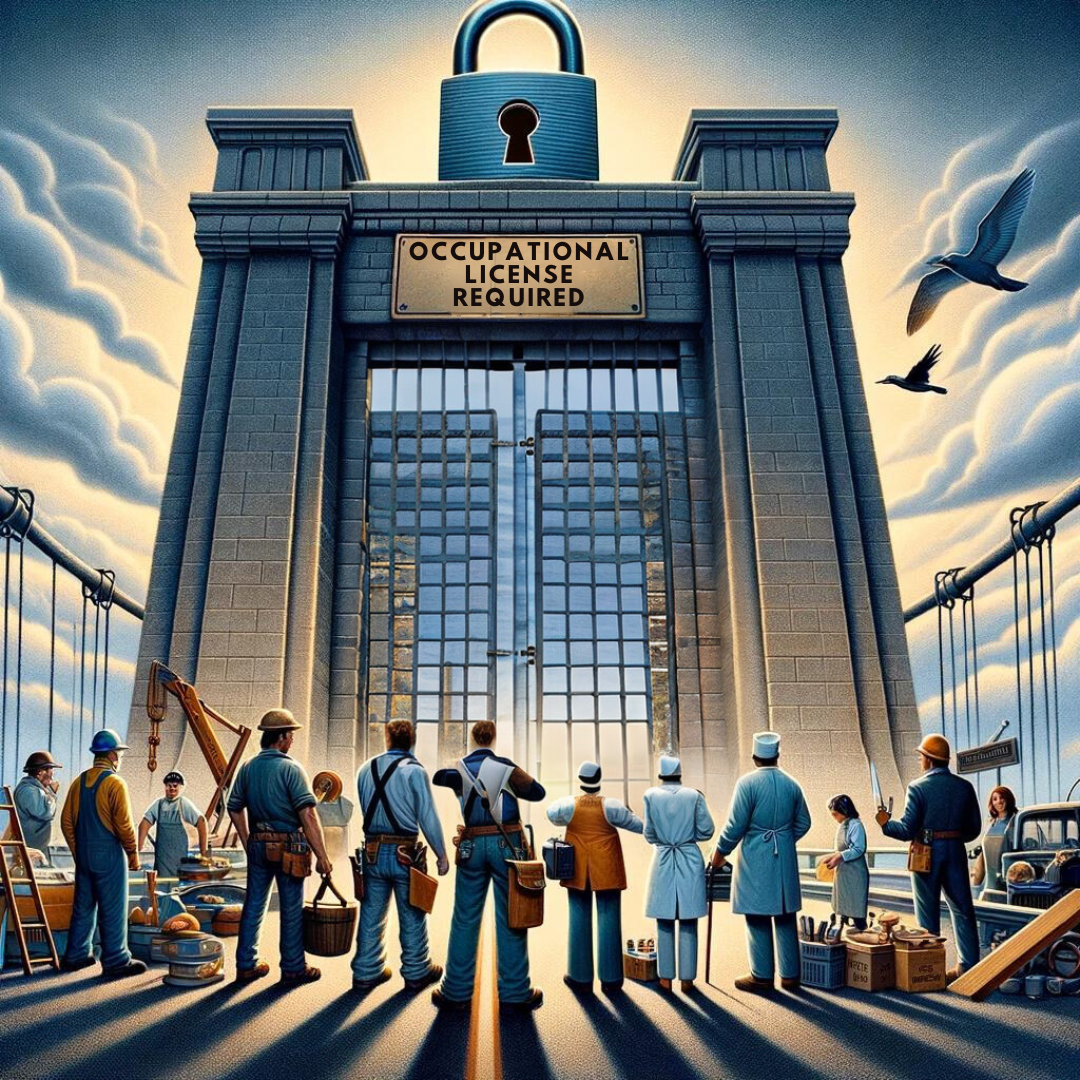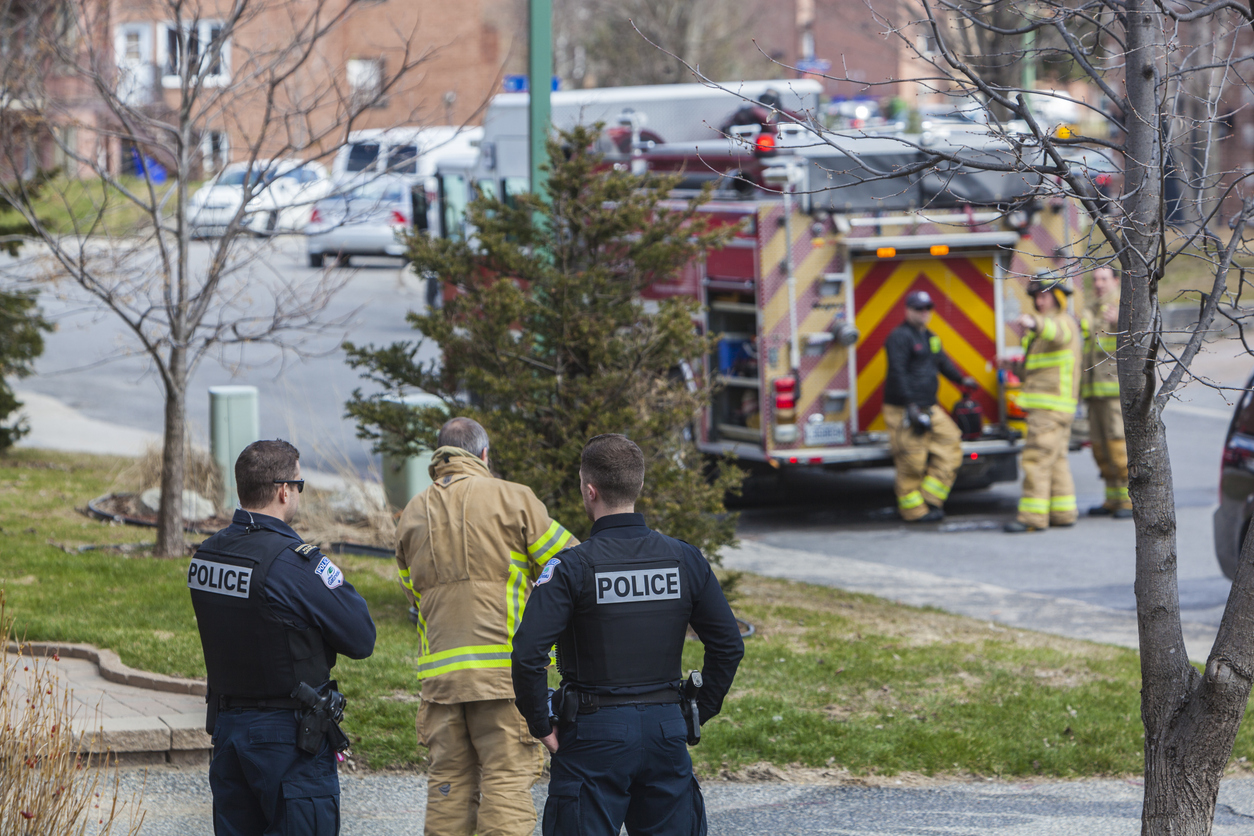The Washington State Supreme Court wants people to know the state cares about reducing government rules that “disproportionately and unnecessarily [block] marginalized groups.”
The Court recently announced that it would provide “alternative pathways to lawyer licensure” because the existing bar exam prevents a disproportionate number from receiving law licenses. Law students can still pass the bar exam to become licensed – although the required score has been reduced – but there are now other options. There is an alternative called the NextGen bar exam and an apprenticeship path.
I applaud this effort. Even if these changes are only marginally effective or help a limited number of people, they make the point that government licenses are too often harmful to people will talent while doing little to ensure competence.
But if you are poor, or an immigrant, or from a disadvantaged community and want relief from Washington’s excessive occupational licensing requirements in any other job sector, you are out of luck.
Licensing requirements are designed by industry incumbents to reduce competition and increase their pay. The co-chair of the Supreme Court’s Task Force that recommended the changes said one purpose was to reduce “the severe shortage of licensed attorneys in broad swaths of the state…” Those shortages aren’t an accident. Needlessly restrictive licensing requirements create shortages to increase the rates that can be charged by existing lawyers.
In 2020, as the Court’s Task Force began looking to offer alternatives, the state legislature rejected a bill to allow “the Department of Licensing the ability to consider competency-based licensing standards for professional licenses.” We supported the legislation, arguing in part that licensing disproportionately harms marginalized groups - the same rationale used by the State Supreme Court.
Just as the state Supreme Court noted that the bar exam has a long history of being used to exclude racial minorities, so too do occupational licenses.
A report released by the Obama Administration in 2015 noted, “Licensing requirements that prevent qualified immigrants from finding employment in their chosen profession affect not only the immigrant workers themselves, but also consumers. Removing such requirements has the potential to improve access to services, especially among those at the middle and lower-end of the income distribution.” The authors went on to write, “Lower-income workers are less likely to be able to afford the tuition and lost wages associated with licensing’s educational requirements, closing the door to many licensed jobs...”
While law students are backed by some of the state’s most influential people, blue-collar workers are actively opposed by some of the state’s most powerful political organizations, including the Washington State Labor Council.
The arguments made by union lobbyists against reducing license barriers have been incoherent. One union lobbyist told a legislative committee that, “competency does not necessarily equal understanding.” In fact, competency literally means having an understanding.
The same lobbyist went on to argue that licensure should be “based on the health, safety, and quality considerations needed to best protect the public interest.” This is the standard rationalization for government licensing. People believe government licenses are an effective way to make sure the lawyer, hair stylist, or animal massage therapist you hire is competent.
In the real world, government licenses and the bar exam have a limited impact on quality.
As the Supreme Court noted, “the traditional bar exam is at best minimally effective for ensuring competent lawyers.”
The same is true of occupational licenses. “Overall, the empirical research does not find large improvements in quality or health and safety from more stringent licensing,” reported the Obama Administration.
The burden of state licenses in Washington state isn’t small. An analysis by the Archbridge Institute found that Washington had the “5th highest licensing burden in the US.”
Even as they talk about “equity” and helping “disadvantaged communities,” the State Labor Council and legislators in their thrall continue to enforce disadvantages upon those same communities.
The state Supreme Court’s decision should be just the beginning of an extensive effort to reduce or remove government barriers to work for everyone. Until that happens, the best Washington can say is that it cares for the lawyers.






